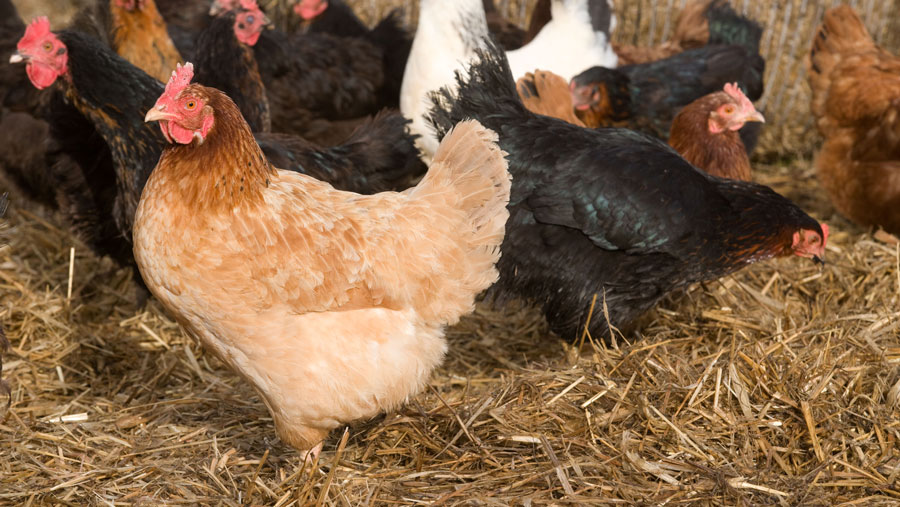Energy costs and regulations forcing poultry farmers to quit
 © Tim Scrivener
© Tim Scrivener Increasing numbers of poultry farmers are being driven out of the industry by high energy costs and a growing regulatory burden, according to NFU president Minette Batters.
The union has been pushing for electricity contracts to be renegotiated for those who were locked in when energy prices were at their peak, but this lobbying has not been successful.
See also: FW Survey: Food production jeopardised by sky-high energy costs
Ministers also previously refused to allow any primary food-producing businesses to access the Energy and Trade Intensive Industries (ETII) scheme, which continues to provide targeted support after a more comprehensive package closed on 31 March this year.
Ms Batters said: “For the intensive sectors such as poultrymeat, eggs, pigs and dairy, it is a pretty concerning cost of production. Government has got to do something on cost of energy.
“In the poultrymeat sector in particular, they are facing the full gamut of all of these legislative targets. They’re having to strip phosphate out of poultry litter and none of them can access the slurry investment scheme.
“It’s an unsupported sector. I’ve spoken to quite a few recently who’ve come out and said ‘we just can’t do it anymore’.”
Ms Batters’ remarks come as the UK prepares to open the domestic market to more poultrymeat products from Brazil.
Following discussions between Defra Secretary Therese Coffey and Brazil’s agriculture minister Carlos Favaro in April, the amount of poultrymeat allowed into the UK from Brazil with lower tariffs was increased by 16,600t/year, to 95,500t.
President of the Brazilian Association of Animal Protein (ABPA) Ricardo Santin has estimated that the increase in the tariff quota will be worth almost £47m, with products expected to start arriving under the new arrangements in July.
